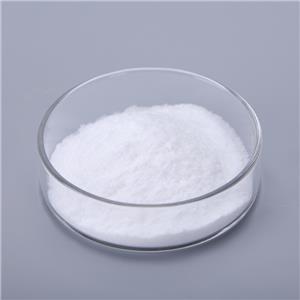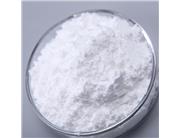Description:
Mildronate dihydrate, often simply referred to as mildronate, is a medication that is primarily used for its cardioprotective and metabolic effects. It was developed in Latvia and has been used in various clinical settings, especially in Eastern European countries. The active substance in mildronate is meldonium, which works by modulating energy metabolism in cells.
Mechanism of Action
Mildronate is thought to work by inhibiting the synthesis of carnitine, a compound involved in the transport of fatty acids into the mitochondria for energy production. By limiting carnitine levels, mildronate shifts the energy metabolism from fatty acid oxidation to glucose oxidation, which is more efficient during ischemic (oxygen-deficient) conditions. This leads to improved energy production in heart cells and has protective effects on the myocardium (heart muscle).
Indications
Mildronate is indicated for:
Ischemic Heart Disease: Mildronate is used to improve exercise tolerance and reduce symptoms in patients suffering from ischemic heart conditions, such as angina pectoris.
Chronic Heart Failure: It can help improve the overall function of the heart in patients with chronic heart failure.
Recovery from Myocardial Infarction: Mildronate may be used as part of a recovery regimen following a heart attack to assist in healing and improved heart function.
Cognitive Disorders: While less common, mildronate is sometimes used off-label to improve cognitive function and mental performance in cases of chronic fatigue or after physical exertion.
Administration
Mildronate is available in various forms, including oral capsules and injectable solutions. The administration and dosage will vary depending on the specific condition being treated and the patient's overall health status. Typical oral doses might range from 500 mg to 1000 mg per day, divided into multiple doses.
Side Effects
Common side effects of mildronate may include:
Headache
Nausea or gastrointestinal discomfort
Fatigue
Allergic reactions: Rarely, some may experience skin rashes or other allergic manifestations.
While side effects are generally considered mild, patients should be monitored for any adverse reactions, particularly if they have pre-existing conditions.
Contraindications and Precautions
Hypersensitivity: Mildronate should not be used in individuals with a known hypersensitivity to meldonium or any of its components.
Pregnancy and Lactation: There is limited data on the safety of mildronate during pregnancy and breastfeeding, so caution is advised.
Severe Liver or Kidney Impairment: Patients with significant liver or kidney disease should use mildronate with caution and under medical supervision.
Controversies and Bans
Mildronate has gained attention in sports due to its performance-enhancing effects. It has been banned by the World Anti-Doping Agency (WADA) since January 1, 2016, as it may provide athletes with an unfair advantage. Consequently, its use is scrutinized in competitive sports.
Conclusion
Mildronate dihydrate (meldonium) is a medication primarily used for its favorable effects on heart health and energy metabolism. It's used in specific cardiovascular conditions and may offer benefits in recovery following ischemic events. However, its use should be guided by a healthcare professional, considering potential side effects and contraindications. Patients should also be informed about the implications of its use in sports. Always consult a healthcare provider for tailored medical advice and treatment plans.

 China
China



